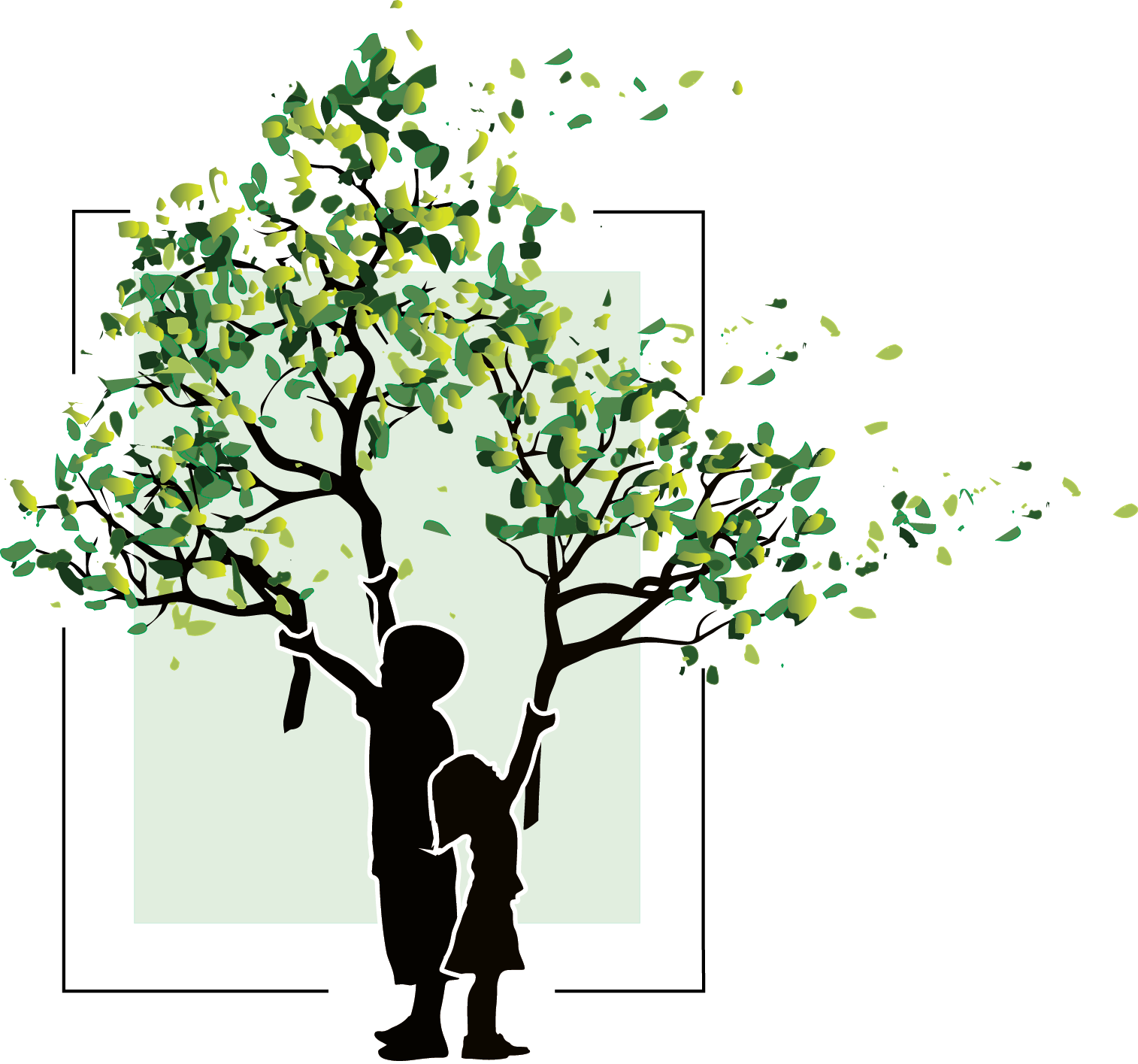
Spanking remains a common form of discipline in the United States and around the world, despite the fact that numerous studies have found higher rates of depression, anxiety, behavior problems, and difficulties in school among children who experienced this type of corporal punishment relative to children who have never been spanked. Research from the Stress and Development Lab published in Child Development suggests that spanking is associated with changes in children's brain function that are similar to those observed in children exposed to more severe forms of child abuse. Specifically, children who were spanked exhibited higher neural responses in multiple regions of the prefrontal cortex--including regions of the salience network--in response to threatening stimuli than children who were never spanked. The patterns of brain activity among children who were spanked did not differ from those in children who had experienced more severe forms of abuse. These findings suggest that corporal punishment may lead to altered brain function in children. These changes in brain development may help to explain the increased risk for mental health problems among children who experience corporal punishment.
Read more about this study in the Harvard Gazette, WebMD, and numerous other media outlets.

